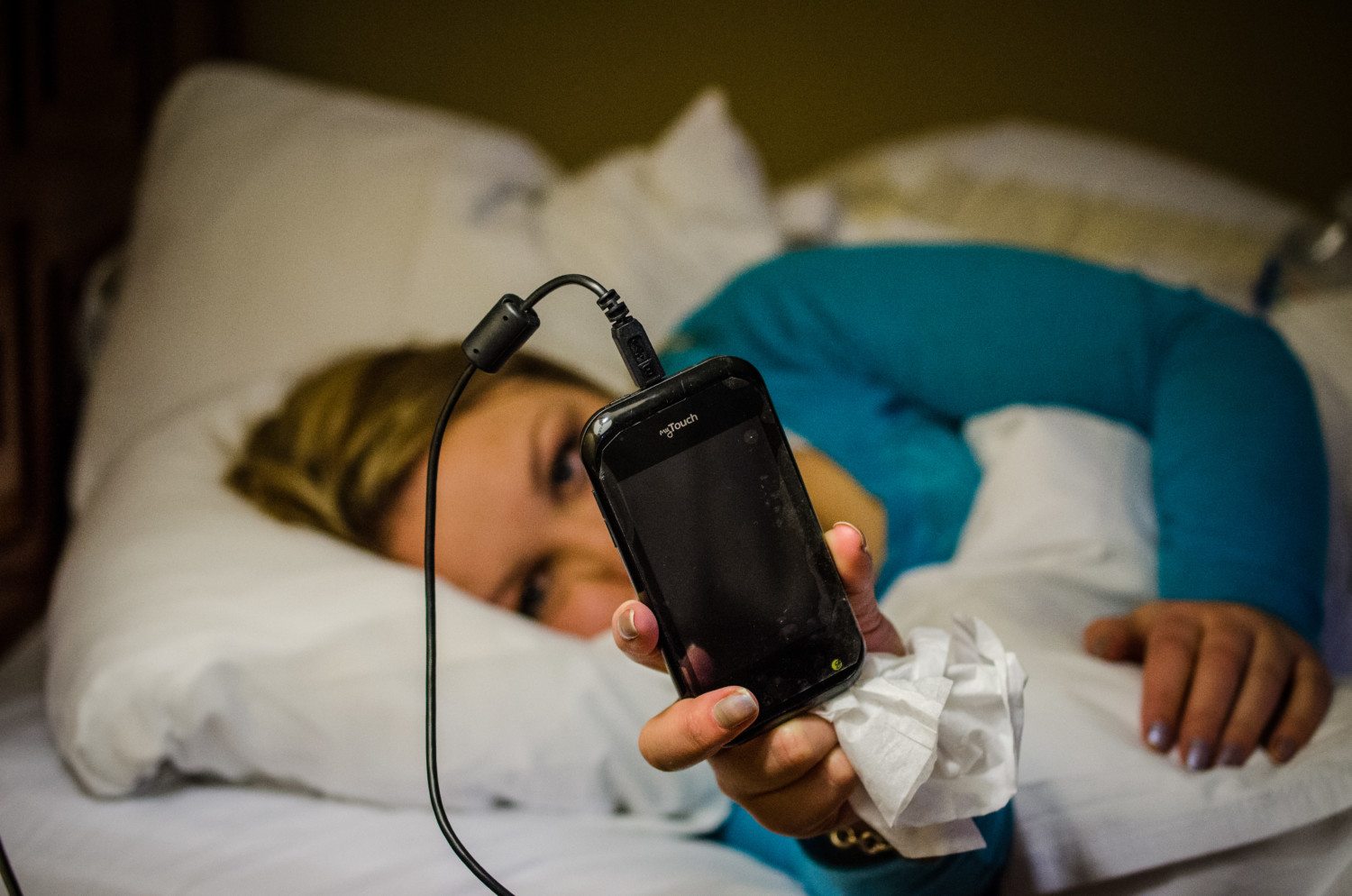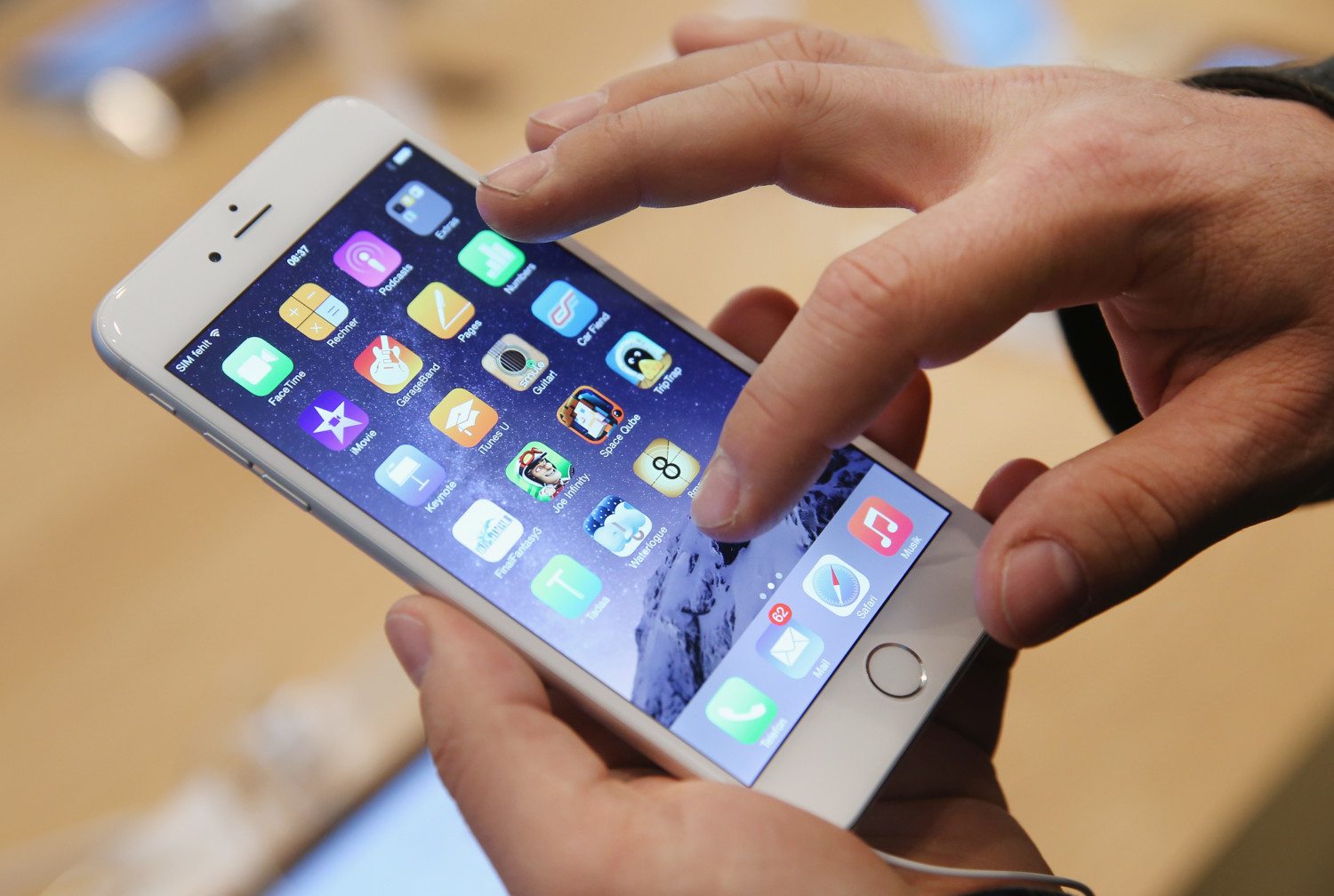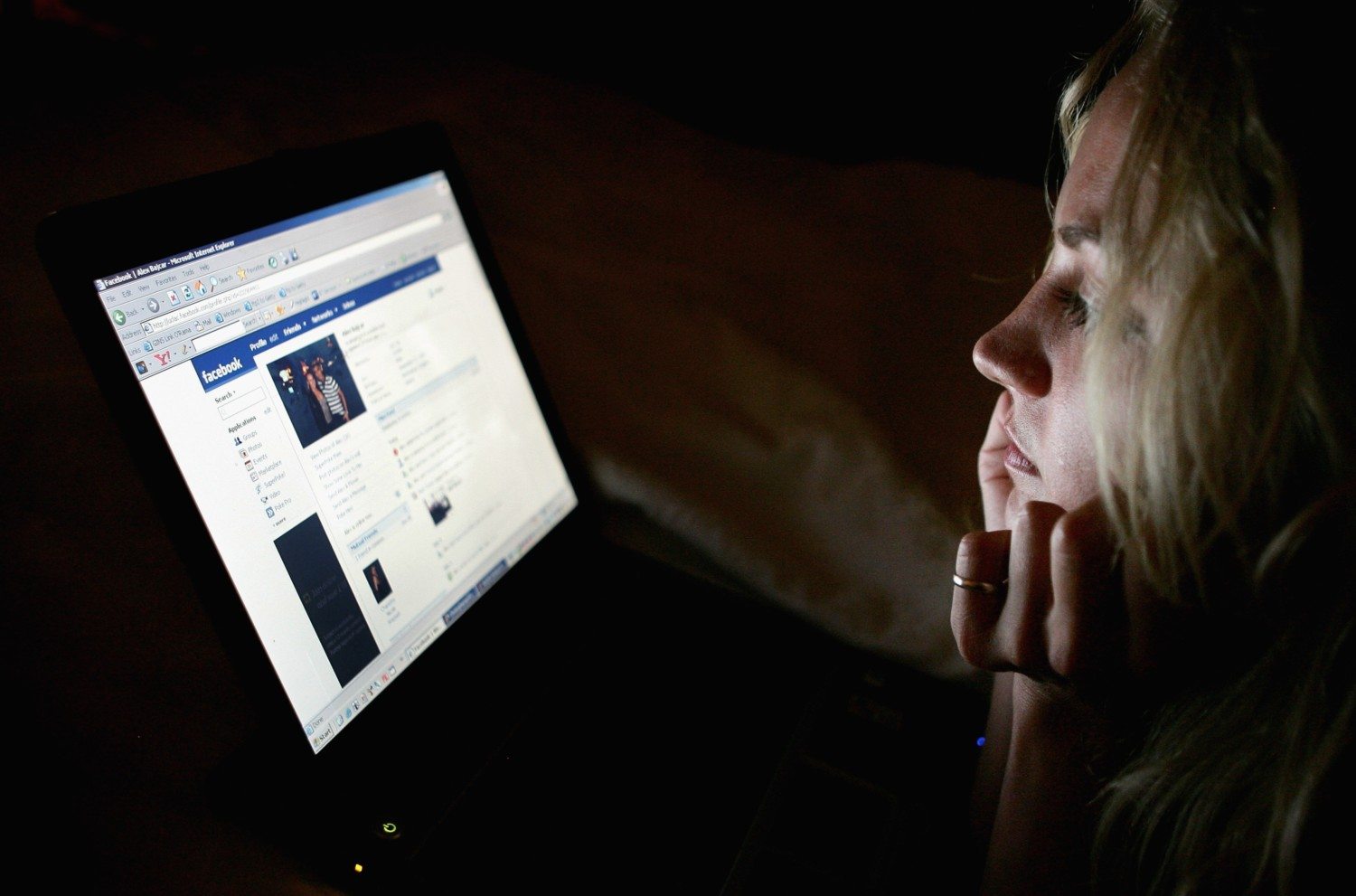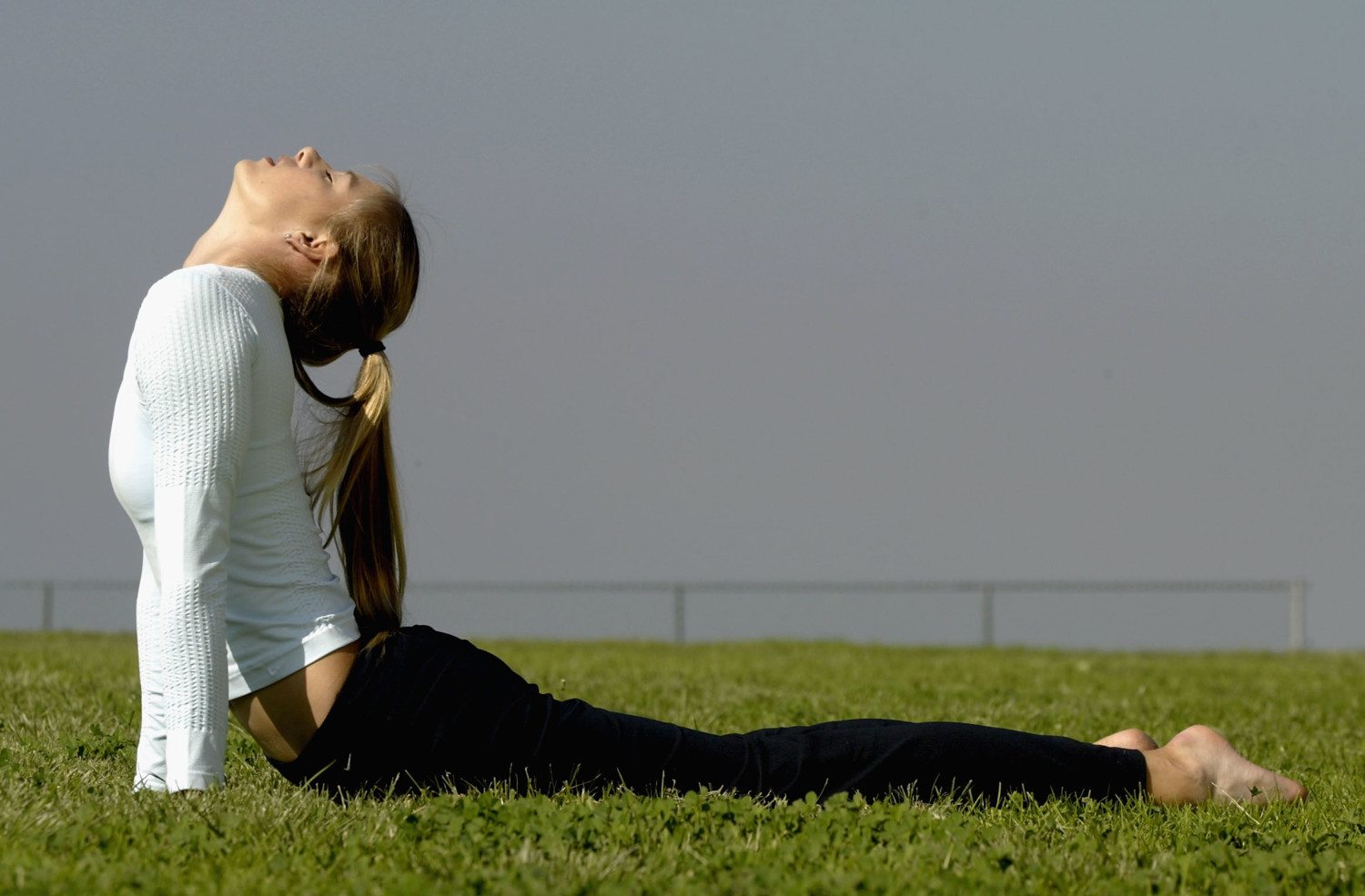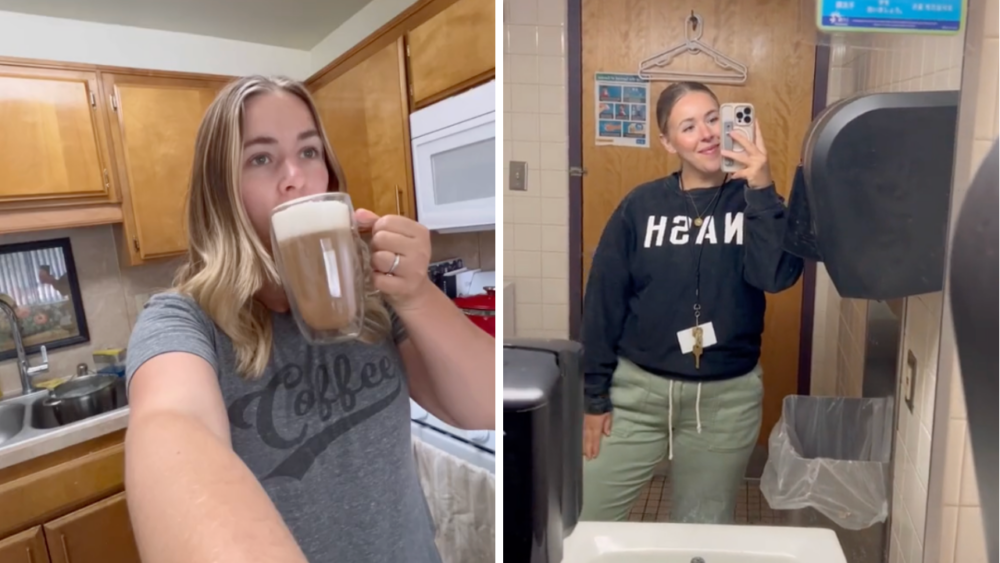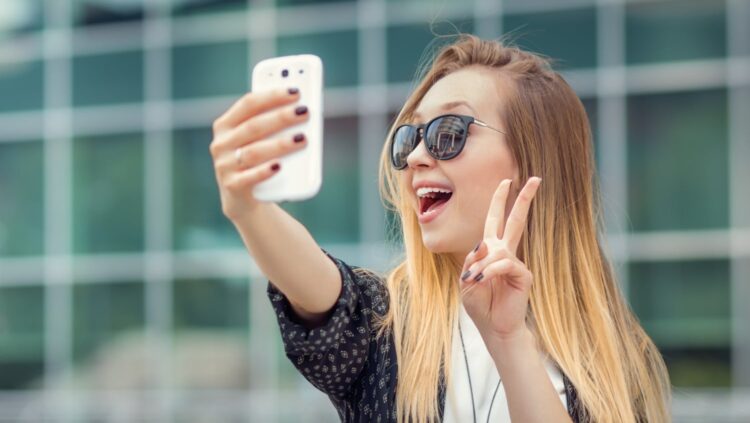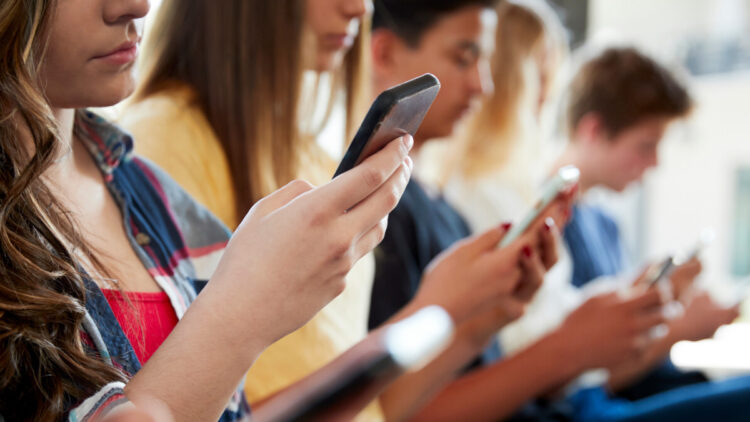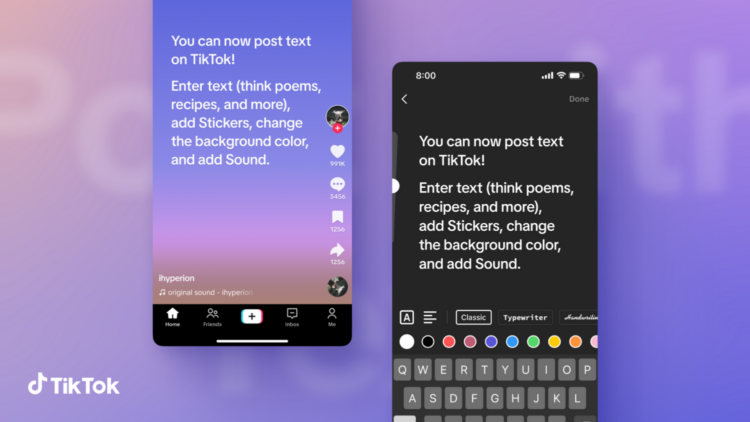Here’s what happened when I took a digital detox
When was the last time you went 24 hours without checking your email, Facebook or the news on your phone? Do you find yourself reaching for it even when you’re doing something else? Do you take your phone with you to the bathroom?
If you answered yes to any of the above questions, you could probably benefit from a digital detox. It was pretty clear I needed a detox of my own when my answers to the above questions were as follows:
“Uh, since before I got my phone?”
“Every time I watch a movie, even if I like it.”
“Duh, what else will I do in the bathroom?”
Why Is This Bad?
All kidding aside, this is serious business. A 2016 study found that we touch our phones 2,617 times per day, while a 2015 study shows that Americans collectively check their phones eight billion times per day. On average, according to that second study, each person checks their phone about 46 times per day. And a report from comScore says American adults spend an average of two hours and 51 minutes on their smartphone every day.
It may seem silly that we do this to ourselves, but there is some science behind the why. One reason is the rise of dopamine and oxytocin levels in our brains when we use social media. Dopamine, the chemical of “want,” is stimulated by unpredictability, small bits of information and reward cues (think: Facebook likes), all of which make up social media use. That release of dopamine makes us keep coming back. Oxytocin, the “cuddle” hormone, has also been shown to rise.
But just because it feels good doesn’t mean it’s healthy. Aside from obvious side effects like “text neck” and eye strain, constantly looking at our phones—or feeling the need to—can lead to anxiety, less sleep and even narcissism.
The positive effects of a digital detox? According to a 2015 study, better posture and conversations, improved memory, more efficient sleep and new perspectives.
If you’re not convinced it’s time to unplug, let my own story convince you:
Hello, I’m A Smartphone Addict
I worked in TV news as the only digital producer. I had to be “on” 24/7 for about seven years, and didn’t take more than a four-day weekend the entire time, even when I got married. Vacations were out of the question because, honestly, what’s the point of PTO if you’re still working? It got to the point where I could feel my creativity drifting away, replaced with waves of anxiety that were beginning to overtake the way I thought about everything. When you feel like you can’t turn off, it’s pretty hard to see the world around you.
But I’m lucky. I was able to leave that job just a few weeks ago to pursue my love of writing full-time. And before I dove into the writing, I took a full week off!
I planned for each day of that week to be filled with friends and family, but the first step? Remove the Facebook app and all email.
What Happened
I won’t pretend it was easy to just turn off. It’s a habit, after all. But with each day that passed, I found myself drifting from my phone a bit more.
Days 1 and 2: I continued reaching for my phone and refreshing my email, only to find that there was none. I opened the folder on my phone to go to Facebook, but the app wasn’t there. By the end of day two, I started to become aware of what I was doing and put the phone down each time.
Days 3–6: My unintentional refreshing became easier to avoid because I filled the days with friends and outside-the-house activities. It was hard to resist posting pictures of my best friend’s 14-month-old son when we spent two days together, but I fought it (with, I’ll admit, a slip-up of four adorable pictures on day six, but I didn’t check anything else after posting).
Day 7: I hitched a ride on the smartphone struggle bus because I was home more often and using my phone to play podcasts while I cleaned. When I had an urge to check in, however, I reminded myself of why I was doing this detox in the first place—my mental health.
Days 8–10: These days were even easier and, when day 11 rolled around, it was time to plug back in. I put only one email account on my phone, but left the Facebook app off (and still haven’t reinstalled it!). I logged into Facebook via my computer and saw I’d “missed” a lot of things. But I realized that, in the grand scheme of things, they didn’t really matter.
I also spent hours each day doing yoga and meditation. Whether or not you’re a yogi, I honestly believe it helped and I don’t know if I would have had the same outcome without those activities there to ground (and distract) me.
Final Takeaways
Giving up Facebook wasn’t as difficult as I thought it would be. Once the app is gone, it’s a pain to log in via your browser every time you want to check. Delete the app and it helps tremendously. (Bonus: I can attest that deleting the app does indeed save your battery.)
And the effects of this detox were worth it. Within just a few days, I had a clearer head, less fatigue and the realization that I could slow down and everything would be OK. My fear of missing out (FOMO is a real thing, people) also diminished. Even when I logged back into Facebook, I only scrolled through my newsfeed for a few minutes before realizing I didn’t need to.
I am beyond glad I was able to take the time away from the digital world and fully detox. If you’re not able to right now, just do it when you can. While I chose a whopping 10 days to detox, even 24 hours is likely to help a little.


